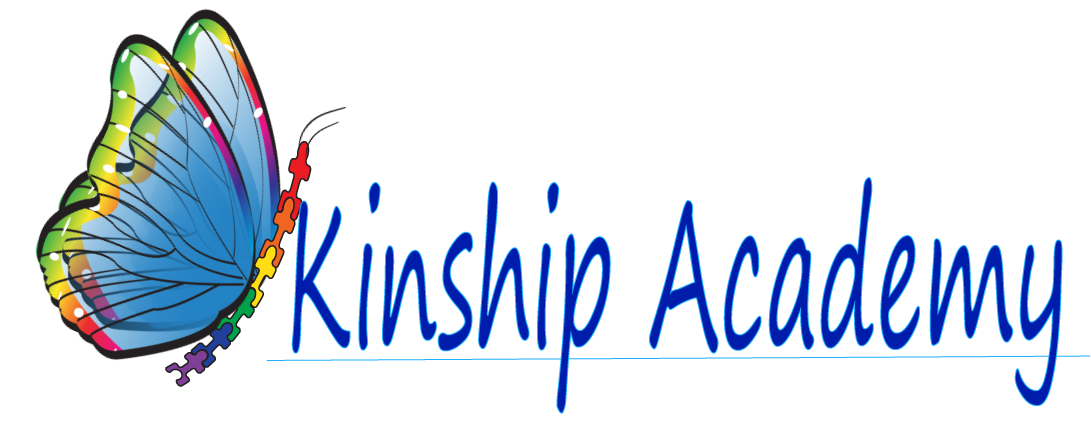About our program
QUICK FACTS
Max Student Ratio: 3:1
Grades: K-12
Co-Educational
CDE Certified NPS
Kinship Academy is a nurturing learning environment that engages the whole child academically, socially, emotionally, physically and intellectually. The curriculum responds to individual student learning needs by offering a variety of educational approaches: using children’s natural interests to build strengths and remediate weaknesses. The focus is on building a solid personal foundation of knowledge and skills and a love of learning. We use the zones of regulation model for social-emotional development, and the Michelle Garcia Winner approach of Social Thinking.
OUR VISION
Our students won’t just survive school, they will thrive and harness their creativity, innovativeness, and unique abilities to share with their communities and the world. We help them see they have many choices for how they can show up in the world, in their academics and social-emotional learning.
OUR MISSION
Kinship Academy strives to provide strength-based, individualized education to students in grades K-12 struggling with mild to moderate disabilities such as:
Autism Spectrum Disorders (ASD) including High-Functioning Autism (HFA), Asperger’s Syndrome (AS), and Non-Verbal Learning Disorder (NLD)
Attention Deficit Hyperactivity Disorder (ADHD)
Emotional Regulation
Learning Disabilities
OUR METHOD
Multi-Age & Multi-Ability
Individualized academic instruction within a consistent educational environment
Staff communicates with professionals to help student achieve and maintain stability
Support Peer Modeling
Provide Low Student Ratio (3:1)
Develop students’ sense of belonging & empathy for themselves and others (Social-Emotional Learning)
Build a community
Students are supportive and accepted/accepting
3 Group Meetings: morning, mid-day, afternoon where Individualized goals are part of group plan for the day
Integrate Social Learning in every environment.
Daily Social Learning class
Support the Home/School Partnership and Communication
Nurture a caring and compassionate environment
Facilitate Social Awareness
Credentialed and Experienced Staff
Recognize and leverage developmental stages
Flexibility and collaboration amongst staff
Teach via multi-sensory
Apply the Scientific Method to teaching and learning daily
Social-Emotional Learning tools
Provide appropriate and in-the-moment intervention
Incorporate strategies from various research-based programs; no two students are alike
Positive feedback to encourage open minds
Support transitioning into larger environments
Access to Certified Speech, OT and Consoluning
On site behavioral specialist and interventionist
Certified from the California Department of Education as a Non-public school
Individualized Teaching and Learning
Make the abstract concrete via Experiential Learning (field trips, role playing, hands-on activities, etc.)
Structure free time for success (free time choices pre-determined by staff)
Specifically support Executive Functioning and Social Emotional learning
Apply creative methodologies to teaching Common Core
Customize and adapt Homework to fit the child and family
Services
Speech and Language
Our speech and language services are offered by speech language pathologists (SLPs), who are experts in communication.
SLPs assess student abilities and work with our teachers to develop strong communication skills.
Students work with SLPs individually, or in group sessions with other students.
SLPs look at many components of speech including reading, writing, articulation, fluency, and literacy.
Counseling
Counselors support students in their social-emotional development.
School staff and counselors work together to identify challenges and implement individualized program changes to best support student development through evidence-based practices.
Occupational Therapy
Our occupational therapists (OTs) work on developing fine and gross motor skills to increase success in daily life.
Fine motor skills involve small muscle movements. Writing, drawing, typing, building with small blocks, and using scissors are fine motor tasks.
Gross motor skills involve large muscles. Sitting upright, running, jumping, using a bicycle, and riding a scooter are gross motor skills.



